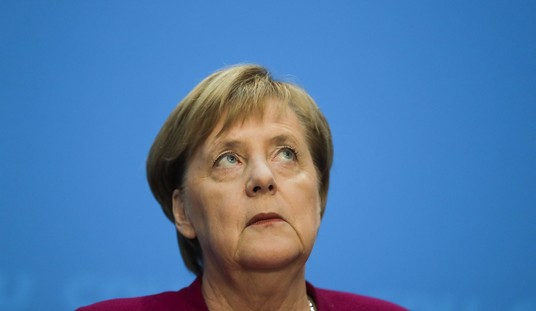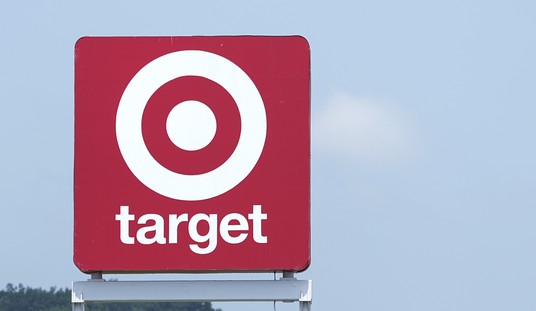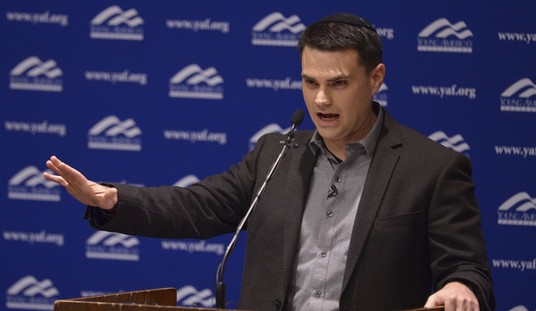Remember this table from CNN? It was published less than two weeks ago.

It’s unusual to see opinion pivot as sharply as it does here from late 2011 to 2012 without some obvious explanation. The numbers brought me up short the first time I saw them but I figured they might be an outlier. Not so: Gallup’s new numbers show a similar pivot. In 2011, 53 percent said border security was “extremely important” versus 43 percent who said it was extremely important to deal with illegals who are already here. Today, the latter number is almost the same as it was then (44 percent) but the number who rate security as “extremely important” has fallen all the way to 43 percent. That’s a 10-point loss in less than three years. What gives?
Don’t blame Democrats, either:

The biggest decline has come among good ‘ol Republicans. Meanwhile, here’s what happens when you ask people to choose between border security and dealing with illegals as the government’s top priority. Again we find the big pivot in 2011-12:

The silver lining of the big Schumer/Rubio/Boehner/Ryan amnesty push over the past year is that it’s helped restore some focus on border security — but only a bit, not enough to make it a higher priority than the other component of comprehensive immigration reform.
Taking it all together, I can’t make heads or tails of the data. I’m tempted to say that the disinterest in border security stems from the fact that illegal immigration began to decrease of its own accord as the recession set in and jobs in America withered away. If that were so, though, wouldn’t the big pivot in opinion have come earlier? Surely the fact that more illegals were staying home had penetrated the public consciousness before 2012, i.e. year four of the recession. And even if it didn’t, one of the perennial strongest arguments against amnesty is that a glut of illegal labor will make a rough job market even rougher. I thought support for stronger borders would surge during tough times economically; instead, we see only a small blip in the graph above and then a big nosedive in 2012.
The other temptation is to conclude that the 2012 campaign swung public opinion. But … how did it do that? It was a minor issue for most of the public; even after Obama issued his order to DHS creating an executive amnesty for DREAMers, I would have guessed that public support for that would show up in rising support for “dealing with illegals who are already here,” not in declining support for border security. And I certainly wouldn’t have expected a big border-security decline to show up among Republicans, per the first graph above, even more so than Democrats. I thought after the CNN poll that maybe Obama’s DREAM order had the effect of hardening partisan opinion, so that even centrist Democrats who mildly supported more border security in the past suddenly felt impelled to change their minds and back O in the interest of holding the White House. But again, what explains the GOP numbers then? And why would Dems sympathetic to DREAM change their minds about the border rather than about the legalization component?
My only theory to explain the shift among Republicans is that some chunk of GOP voters are experiencing the same panic as the leadership, i.e. if we don’t pander on this issue and fast, we’ll lose Latino voters forever. But that doesn’t explain why there’d be a modest but similar decline among independents. And again, it doesn’t explain why opinion is changing about border security but not “dealing with illegals who already here.” If you want to pander, that’s how you pander — full legalization, path to citizenship, yadda yadda. Americans haven’t changed much on that, though. It’s the border aspect of reform where things have changed. Mystifying.
Exit question: Could Americans be more relaxed about the border now because of the news stories last year claiming that drug-cartel violence in Mexico had started to decline? (Whether the decline is real or hype is debatable.) In that case, how do news stories from 2013 explain a change of opinion that apparently happened in 2012?








Join the conversation as a VIP Member